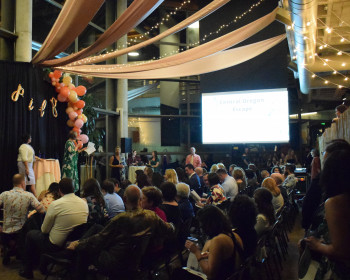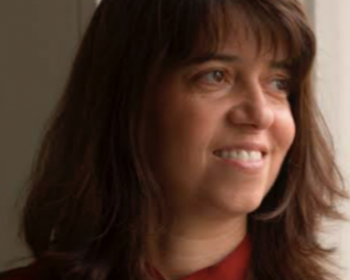Elizabeth Richards
2005
Open gallery

Juvenile Rights Project
I spent my summer PILP position at the Juvenile Rights Project (JRP) in Portland. Before my summer at JRP, I though I knew a lot about the child welfare system. I had worked for several years as a social worker in an Independent Living Program (ILP), had volunteered with grass roots youth advocacy programs, and had learned a great deal about the struggles youth face as they bounce around from foster placement to foster placement.
After working at JRP, however, I found that there was plenty about the child welfare system that I still had to learn. My primary research project focused on something I had seen before with my prior clients - the benefits of permanency. Like most people I instinctively known that having a permanent home is beneficial to youth in foster care, and I had seen the positive effects of this with some of the foster youth in ILP. This summer, I finally discovered that there is sound research that demonstrates the benefits to youth of being adopted or placed in a guardianship. Hopefully, child welfare professionals will be able to draw upon this research when making decisions about the youth with whom they work.
This summer I also was able to experience something totally new for me - the inside of the child dependency courtroom. Although I had worked with child welfare system for a good deal of time prior to coming to JRP, I had never been to court or been involved with the proceedings. I gained valuable experience and knowledge of how the child’s attorney works with the parent’s attorneys, caseworker and district attorney in order to advocate for their client’s interests.
One of the projects I was able to work on during my summer with JRP has great potential for advancing the interests of foster youth; creating videos of foster youth sharing their personal experiences of the foster care system. In order for child welfare professionals to make educated and appropriate decisions regarding youth in foster care, they need to have an understanding of what foster youth are faced with on a daily basis. Along with another JRP summer law clerk, the video permanency project was begun. These videos will contain interviews with foster youth who discuss their lives in foster care and how they believe permanency (or the lack thereof) has affected their lives. In the future, these videos can be used in trainings for judges, caseworkers and other child welfare professionals who can strengthen their skills by learning about what it feels like to be a foster youth.
PILP enabled me to learn about the child welfare system in a whole new light and to continue to advocate for children’s rights. It was a wonderful experience that I hope other law students are able to have as well.
More Public Interest Law Project (PILP) Stories
Public Interest Law Project (PILP) is located in McCarty Classroom Complex.
MSC: 51
email pilp@lclark.edu
voice 503-768-6782
fax 503-768-6729
President: Natalie Hollabaugh
Auction Directors: Faith Fox & Hanah Morin


